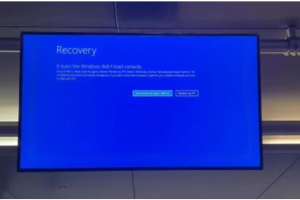May 31, 2023 – A Promising Venture: PowerX Ventures into Lithium Iron Phosphate Batteries and Sustainable Shipping
In a bid to revolutionize sustainable shipping, Japanese startup PowerX has unveiled its ambitious plans to independently develop and mass-produce lithium iron phosphate (LFP) batteries. Their groundbreaking endeavor aims to debut the world’s first medium-range electric cargo vessel by 2025.

PowerX envisions LFP batteries with enhanced power storage density, enabling higher capacities to meet the demands of longer transportation journeys. By focusing on improving the energy storage capabilities of these batteries, PowerX is poised to propel the maritime industry toward a more sustainable future.
The initial specifications for PowerX’s debut electric cruise liner have also been revealed, boasting a length of 140 meters and a width of 18.6 meters, with a maximum draft of up to 6 meters. Such dimensions signify PowerX’s commitment to designing vessels capable of navigating various waterways efficiently.
In line with their vision, PowerX intends to establish multiple charging stations at various ports along the shipping routes. These charging stations will provide expedited charging solutions for the electric cargo vessel, ensuring efficient operations and minimizing downtime.

Reports from December of the previous year indicated PowerX’s plans to construct the largest battery storage facility in Japan. The company has set a target for the factory’s completion by October 2023, with full-scale production expected to commence in the spring of 2024. This strategic investment aims to bolster PowerX’s battery manufacturing capabilities and contribute to the ongoing advancements in sustainable transportation.
With their innovative spirit and commitment to sustainable solutions, PowerX is charting a new course in the shipping industry. As they forge ahead, the world eagerly anticipates the realization of their groundbreaking electric cargo vessel, which promises to revolutionize maritime transportation and mitigate the environmental impact of traditional shipping practices.












